Training and Coaching
Project Management
£2360 (£1600 during the tuition waiver period)
This course equips individuals with the proficiency required for managing and implementing training plans and delivery that are three-dimensional and transformative. Participants will delve into and acquire a robust understanding of theoretical principles and their best-practice applications. Moreover, participants will have the chance to connect these theoretical principles to the practical scenarios where they are tasked with the planning and execution of training. Emphasising the empowerment of participants to become adept practitioners in workforce training and development, the course thoroughly explores critical reflection on the research-informed key areas of the combined training planning and delivery process.
Being an advanced course, it is expected that attendees will possess a refined capability to critically evaluate and interpret academic theories. Consequently, the course demands that each participant proactively meet the essential criteria for every module. This course is not only suitable for those tasked with training plan formulation and execution but also for individuals responsible for managing, overseeing, coordinating, or leading training and development initiatives within any organisation. A principal requirement of this course is for each participant to create and present a defence of a training plan.


Mastery of Transformational Learning Theories and Principles
Participants will gain an in-depth understanding of the theoretical foundations that underpin transformational learning. They will be able to articulate key principles and how these can be applied to design and implement training programs that foster significant, meaningful change in learners.
Proficiency in Competency-based Training Design
This outcome ensures that participants can effectively identify competency gaps and develop training plans that address these gaps. Learners will acquire skills in tailoring training initiatives to meet specific competency requirements, thereby enhancing the relevance and impact of workforce development efforts.
Expertise in Conducting 3-dimensional Learning Needs Assessments
Participants will learn how to perform comprehensive Learning Needs Assessments that consider the cognitive, affective, and psychomotor dimensions of learning. This capability will enable them to accurately identify the learning needs of their audience and design training programs that are both engaging and effective.
Ability to Develop Robust 3-dimensional Learning Objectives
Learners will be equipped with the skills to formulate learning objectives that capture the full spectrum of learning dimensions. This will involve creating objectives that guide the development of training content, instructional strategies, and assessment methods, ensuring a holistic learning experience.
Skills in Linking Learning Objectives to Effective Training Delivery
This outcome focuses on the alignment of learning objectives with training content, instructional methodologies, and assessment practices. Participants will understand how to ensure that training delivery is coherent, structured, and directly linked to the learning objectives, maximising the effectiveness of the training program.
Advanced Training Facilitation Techniques
Participants will master a range of facilitation strategies for initiating, sustaining, and concluding training sessions effectively. This includes engaging participants, maintaining interest and momentum throughout the training, and concluding in a manner that consolidates learning and motivates learners towards application. This skill set is crucial for anyone looking to excel in the field of training and development, ensuring they are capable of delivering high-impact training sessions.


Scholarships
Citizens of the following countries are eligible for a 50% scholarship upon writing a personal statement. All scholarships are to be approved by the Academic Board. The list of countries are: Sri Lanka, Indonesia, Philippines, Bhutan, Morocco, Vietnam, Papua New Guinea, Laos, Cambodia, India, Nigeria, Ghana, Bangladesh, Laos, Myanmar, Pakistan, Nepal and South Africa. Please talk to your student counselor and ask for the Coupon Code to get the 50% Tuition Waiver.

To pass the unit a 40% overall grade must be achieved.

You are eligible if you meet our stipulated entry requirements.









Theoretical Foundations of Transformational Learning
This module introduces participants to the foundational theoretical concepts underpinning transformational learning. It aims to provide a comprehensive understanding of the principles that guide the transformation of learners through innovative educational practices. Participants will explore various theories and models to grasp how these can be applied in creating transformative learning experiences.
The Competency-based Training Planning Process
Focusing on a competency-based approach, this module guides participants through the process of planning training initiatives. It covers the identification of competency gaps and the design of training plans that are tailored to meet specific skills and knowledge requirements. This approach ensures that training is relevant, targeted, and capable of addressing the precise needs of the workforce.
Conducting 3-dimensional Learning Needs Assessment (LNA)
In this module, participants will learn how to conduct a comprehensive Learning Needs Assessment (LNA) that considers cognitive, affective, and psychomotor dimensions of learning. This holistic approach to LNA enables trainers to identify and understand the multifaceted learning needs of their audience, ensuring the development of more effective and engaging training programs.
Developing 3-dimensional Learning Objectives
Participants will be equipped with the skills to formulate learning objectives that encompass the three dimensions of learning: knowledge, skills, and attitudes. This module emphasizes the importance of creating well-rounded objectives that guide the development of training content and methods, ensuring a transformative learning experience for all participants.
Linking Learning Objectives to Content, Instructions, and Assessment
This module explores the alignment of learning objectives with training content, instructional strategies, and assessment methods. Participants will learn how to ensure coherence between what is taught, how it is taught, and how learning is assessed, thereby enhancing the effectiveness of the training and facilitating the achievement of desired learning outcomes.
Training Facilitation Strategies: Initiating, Sustaining, and Concluding
Focusing on the art and science of training facilitation, this module covers strategies for initiating, sustaining, and concluding training sessions effectively. Participants will discover techniques for engaging learners, maintaining momentum throughout the training, and closing sessions in a manner that reinforces learning and encourages application. This module is designed to enhance the facilitation skills of participants, making them adept at managing dynamic and interactive training environments.